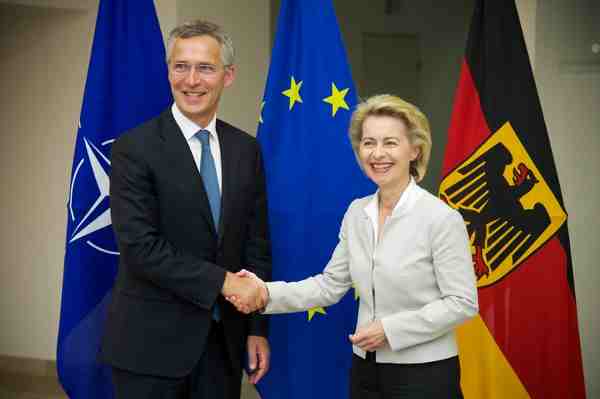After FATF Certification, Pakistan to Become a Terror-Free Nation

Pakistan took some major steps to stop terrorism under the leadership of former prime minister (PM) Imran Khan.
By RMN News Service
The Financial Action Task Force (FATF) – which monitors global anti-money laundering and counter-terrorist financing cases – has removed Pakistan from the “grey list” of increased monitoring.
Jurisdictions under increased monitoring work actively with the FATF to address strategic deficiencies in their regimes to counter money laundering, terrorist financing, and proliferation financing.
When the FATF places a jurisdiction under increased monitoring, it means the country has committed to swiftly resolve the identified strategic deficiencies within agreed timeframes and is subject to increased monitoring. This list is often referred to as the “grey list”.
The FATF made this announcement on October 21 during the first Plenary of the FATF under the Presidency of T. Raja Kumar of Singapore. Delegates from over 200 jurisdictions of the Global Network participated in these discussions at the FATF headquarters in Paris.
As a result of this announcement, Pakistan can hope to become a terror-free state. The neighbouring country India often blamed Pakistan for terror activities, although there is hardly any evidence for the allegations.
Pakistan took some major steps to stop terrorism under the leadership of former prime minister (PM) Imran Khan. After a series of public protests led by opposition parties against Imran Khan’s failure to revive the economy, he was removed from the PM position in April 2022.
Meanwhile, the FATF members agreed to release, for public consultation, draft guidance on Recommendation 24 to help countries and the private sector implement FATF’s strengthened requirements on beneficial ownership to prevent criminals from hiding illicit activity behind opaque corporate structures.
FATF also approved the release of a public consultation document on proposed revisions to Recommendation 25 on transparency and beneficial ownership of legal arrangements.
Delegations were updated on other ongoing work, including a project on countering the laundering of proceeds from ransomware attacks, and work to update the FATF best practices paper on combating the abuse of non-profit organisations.
Delegations were also updated on projects and activities to implement the March 2022 Strategic Vision for the Global Network of 206 jurisdictions that have jointly agreed to strengthen their regimes to tackle money laundering, terrorist and proliferation financing.
💛 Support Independent Journalism
If you find RMN News useful, please consider supporting us.




